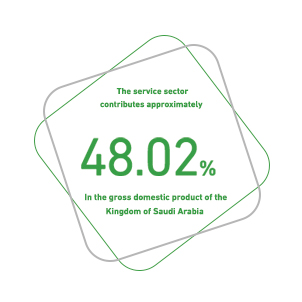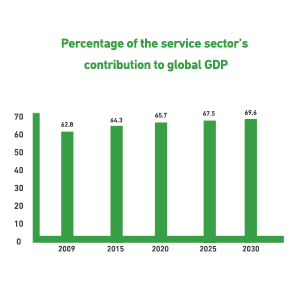A Heavy Equipment Rental Company furnishes logistical support to diverse industrial sectors through the provision of leased heavy equipment and machinery, including excavators, bulldozers, and cranes. These enterprises play a crucial role in facilitating the efficient execution of projects, contributing significantly to both the production process and industrial infrastructure. Targeting primarily the building and construction, agricultural, and oil and transportation sectors, these companies capitalize on economic growth and burgeoning demand for their services. Furthermore, their ability to expand into new markets and offer supplementary services such as training, maintenance, and equipment insurance further solidifies their economic feasibility.

A Heavy Equipment Rental Company furnishes logistical support to diverse industrial sectors through the provision of leased heavy equipment and machinery, including excavators, bulldozers, and cranes. These enterprises play a crucial role in facilitating the efficient execution of projects, contributing significantly to both the production process and industrial infrastructure. Targeting primarily the building and construction, agricultural, and oil and transportation sectors, these companies capitalize on economic growth and burgeoning demand for their services. Furthermore, their ability to expand into new markets and offer supplementary services such as training, maintenance, and equipment insurance further solidifies their economic feasibility.
Mashroo3k for Economic Consulting is delighted to offer tailored services to investors, providing a thorough and insightful analysis of the market. Our approach is based on a vast database encompassing all Middle Eastern markets, supported by our highly trained and experienced team. Endorsed by all major funders in the Arab world, Mashroo3k’s data is compatible with renowned global databases such as UNICEF Data, Statista, ITC, OEC, and WITS. With our services extending across a geographic range covering 35 countries worldwide, partnering with us ensures a pathway to success.



Executive Summary
Project Service/Product Study
Market Size Study
Study of Risks
Technical Study
Financial Study
Regulatory and Administrative Study

Service Sector in the GCC Countries
According to macroeconomic sector theory, the economy is typically categorized into three primary sectors: The first involves the extraction of raw materials, encompassing industries like mining, timber, oil exploration, as well as agro-industries and fisheries. The second sector involves the production and sale of goods, including industries such as automotive manufacturing, furniture, and clothing trade. Conversely, the third sector, known as the “service” sector, focuses on providing intangible services, such as entertainment, healthcare, transportation, hospitality, and restaurants. As countries progress, their economies tend to shift towards greater reliance on the service sector, in contrast to less developed countries where the primary sector predominates. For instance, in the United States, the service sector accounts for 85% of its economy.
The Kingdom of Saudi Arabia:
Qatar:
Kuwait:
The United Arab Emirates:
Oman:
The Global Service Sector
The service sector is the major contributor to the global GDP; it alone accounts for more than three fifths of this GDP. The sector does not rely on producing tangible goods such as vehicles and furniture, but rather on providing intangible services such as banking, medical care, transportation, hospitality, entertainment, etc. The value of the sector market was estimated in 2020 at USD 10,814.49 billion and rose to USD 11,780.11 billion in 2021. Therefore, the market achieved a CAGR of 8.9%. After recovering from the effects of the corona virus pandemic, global market experts expect the sector market to reach USD15683.84 billion by 2025, bringing the market to a CAGR of 7% in the coming years.

Mashroo3k for Consulting recommends investing in the services industry, as its contribution to the GDP rose from 62.8% in 2010 to 65.7% in 2020. According to World Bank data, the contribution of this industry to the GDP is expected to rise to 69.6% by the year 2030.